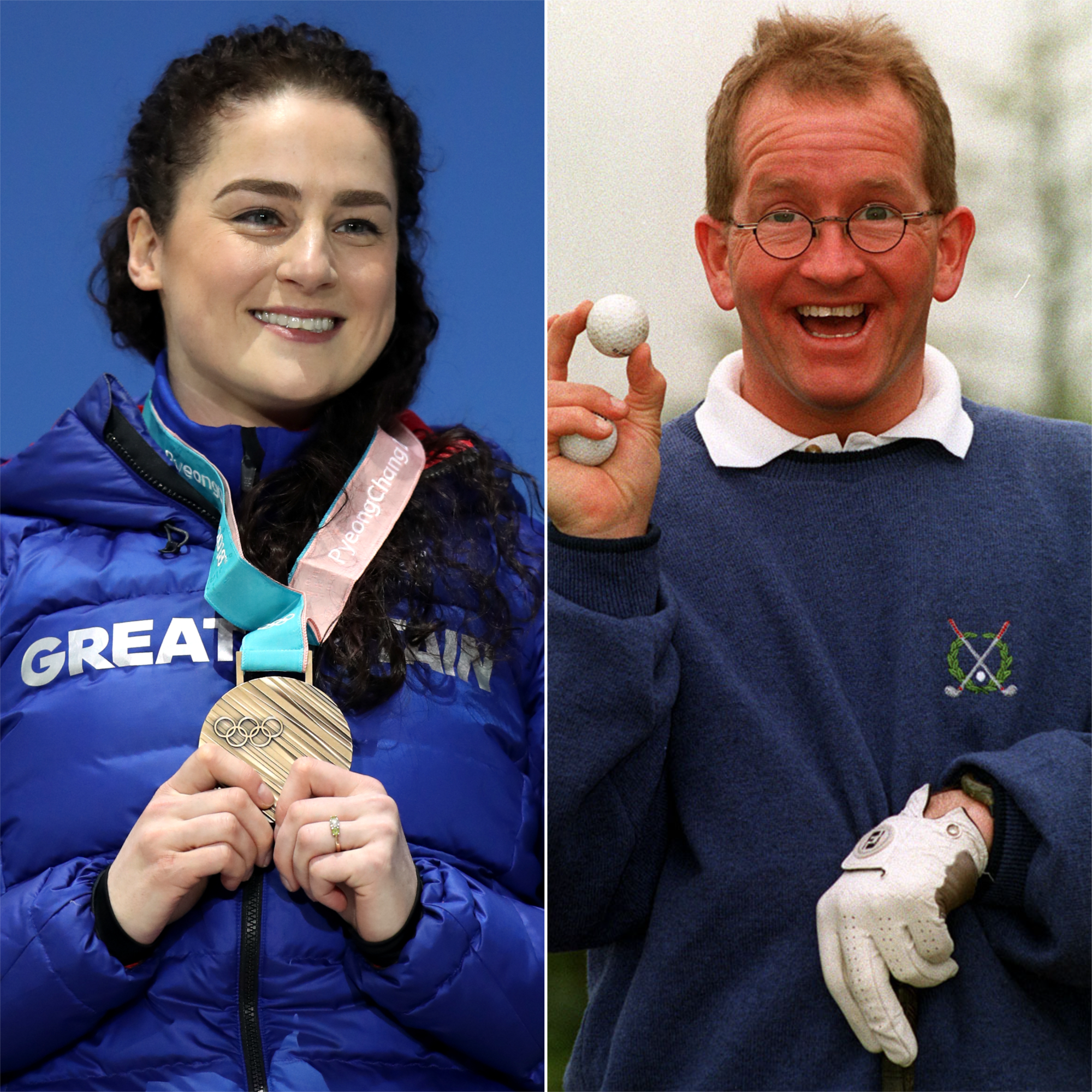Laura Deas: Public thinking we are all like Eddie the Eagle not a bad thing
The 33-year-old returns to the Winter Olympics looking to build on the surprise bronze she claimed in Pyeongchang in 2018

Your support helps us to tell the story
From reproductive rights to climate change to Big Tech, The Independent is on the ground when the story is developing. Whether it's investigating the financials of Elon Musk's pro-Trump PAC or producing our latest documentary, 'The A Word', which shines a light on the American women fighting for reproductive rights, we know how important it is to parse out the facts from the messaging.
At such a critical moment in US history, we need reporters on the ground. Your donation allows us to keep sending journalists to speak to both sides of the story.
The Independent is trusted by Americans across the entire political spectrum. And unlike many other quality news outlets, we choose not to lock Americans out of our reporting and analysis with paywalls. We believe quality journalism should be available to everyone, paid for by those who can afford it.
Your support makes all the difference.Thirty-four years and 17 British medals have passed since ‘Eddie the Eagle’ crashed and burned in Calgary, but Laura Deas continues to revel in the hapless ski jumper’s Winter Olympic legacy.
The 33-year-old returns to the Games looking to build on the surprise bronze she claimed in Pyeongchang in 2018 and continue an unbroken run of success for British female skeleton athletes that has yielded a medal at every Games since 2002.
It is a record that hardly invites comparisons with Michael Edwards’ record, but Deas insists that his anarchic spirit has endured Team GB’s rise into medal contention on a number of Winter Olympic fronts, and remains something to be celebrated.
Speaking in the same week that slalom skier Dave Ryding made history in Kitzbuhel, Deas told the PA news agency: “I still think with the British public there is still the slight sense that we are all like ‘Eddie the Eagle’.
“On one hand we’re very well funded and professional, but on the other we can’t quite shake this perception of being slightly off-the-wall and a bit nuts, and I quite like that.
“I think it comes with the character of British winter sports and I don’t think that’s a bad thing. The fact that other nations know we can punch above our weight is something I guess we take confidence from.”
Deas, a former World Cup winner, entered Pyeongchang under the radar and remained so as Lizzy Yarnold took the headlines by easing to her second consecutive skeleton gold.
For Beijing it is her time to assume the role of Britain’s strongest medal hope and it is the kind of status she is happy to accept despite a relatively poor World Cup season by her own standards.
“It has been up and down but as a team we have shown many times that we have been able to peak for the Olympics and to some extent the World Cup races are just a part of that process,” added Deas.
I still think with the British public there is still the slight sense that we are all like 'Eddie the Eagle'. On one hand we're very well funded and professional, but on the other we can't quite shake this perception of being slightly off-the-wall and a bit nuts, and I quite like that
“I would have liked to have been on the podium more, but I had to contend with quite a lot of major changes to my programme after Pyeongchang, and I am in a similar position now to what I was before South Korea.
“I really enjoy the Beijing track, it’s technical and it’s got some definite similarities to Pyeongchang and it really plays to my strengths.
“These four years have gone incredibly fast but I feel confident having come through it before and knowing what’s around the corner. Having a certain amount of experience makes me feel quite relaxed and looking forward to the challenge.”